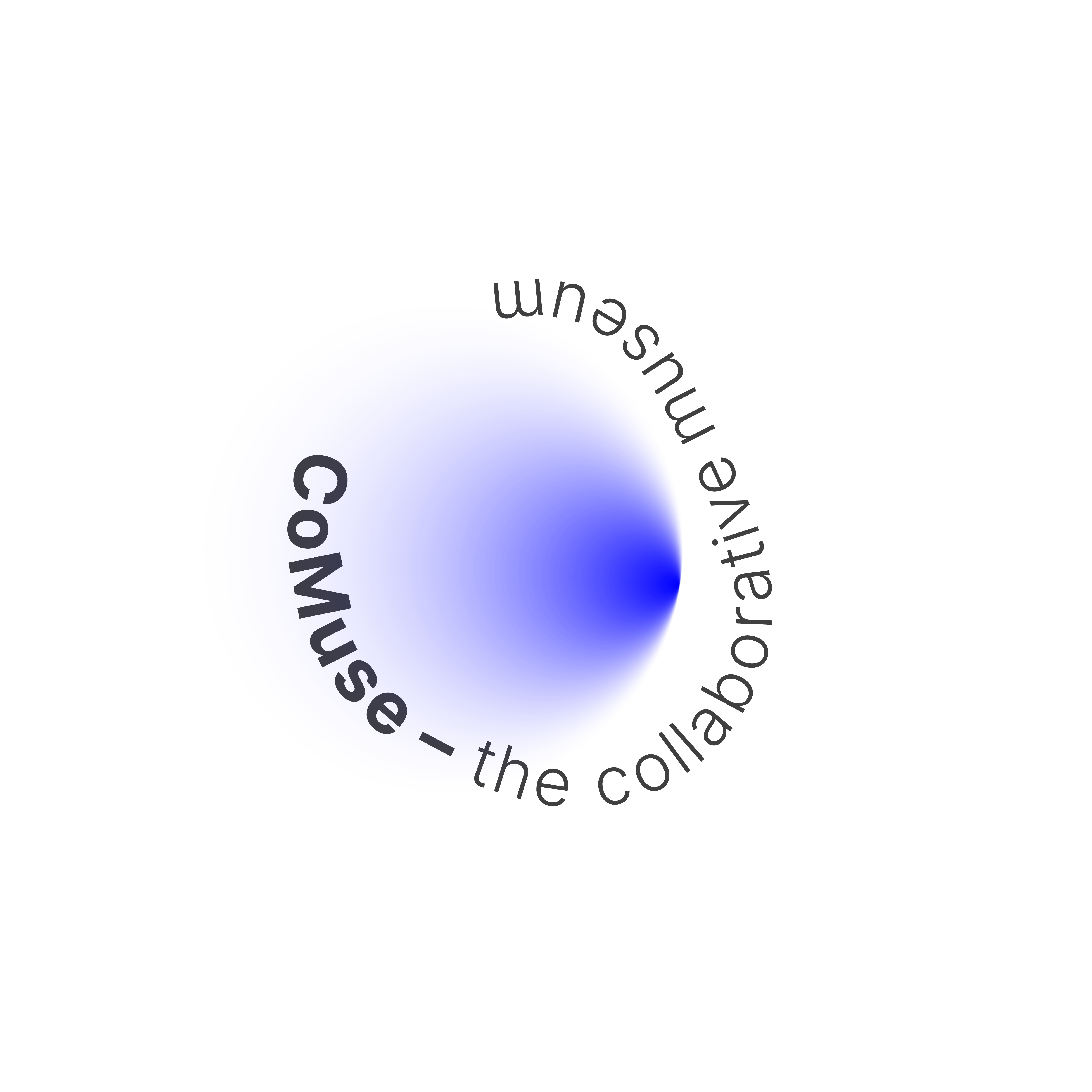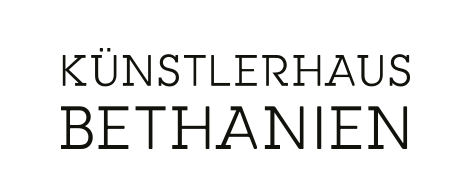Shiva Linga: A visual quest
{{ time.start_TS | TS2dateFormat('MMM') }}
{{ time.start_TS | TS2dateFormat('YYYY') }}
| free admission |
| no ticket required |
| English |
| Mechanical Arena in the Foyer |
| Part of: Guestroom |
Deepak Tolange, a filmmaker and researcher from Nepal, employed a mixed methodology in this multi-layered visual research project together with a museum team, especially Sophia Bokop, a provenance researcher in further investigation and analysis. Deepak aims to highlight the deep connection and significance of the sacred objects in Hindu communities for their very existence, life, and beliefs. Addressing the origin and provenance of the Shiva Linga sheath, the project seeks to raise public awareness regarding the loss of cultural belongings in Nepal.
The primary focus of this visual research is to find the origin and provenance of a copper-gilded, four-faced Chaturmukh Shiva Linga kosh within the collection of the Museum für Asiatische Kunst, Berlin. The Shiva Linga kosh or Linga kosh is a metal cover commonly known as sheath. Invoked with prana or life energy, the consecrated kosh or sheath is both part and cover of the Shiva Linga. In addition, the project aims to reconnect, rediscover and relearn Shiva/Shiva Linga. Daily rituals and some of the major festivals related to Shiva/Shiva Linga in Nepal have also been observed.
In this edition of Gästezimmer, Deepak and Sophia will share initial questions and findings regarding their joint research process, moderated by Anna Szöke. Moreover, exclusive footage of making the documentary film Shiva Linga: A visual quest will be screened for the first time.
Welcome!
“For me this visual research project is a journey to reconnect, rediscover, and relearn about Lord Shiva – one of the principal deities of Hinduism, and to explore various stories, rituals, and festivals related to Shiva/Shiva Linga. The primary focus of this visual research is to find the origin of a copper-gilded, four-faced Chaturmukha Shiva Linga kosh within the collection of the Museum für Asiatische Kunst, Berlin. Many different rituals are performed and festivals celebrated in honour of Shiva/Shiva Linga on a daily basis, on special occasions and annually.
This Shiva Linga sheath had previously been displayed in a permanent exhibition at the Museum für Indische Kunst in 2000 to 2015. Subsequently, it was prepared for a new permanent exhibition at the Humboldt Forum in 2022. Shortly before the opening, however, a more in-depth examination of the provenance of the sheath was considered relevant for further decisions, especially since it was acquired by the former Museum für Indische Kunst in late 1993.
This multi-layered visual research project employs a mixed methodology. During the CoMuse fellowship period, I will work together with the museum team, in particular with Sophia Bokop, a provenance researcher, in further investigation and analysis. I will also edit visual materials to make a short documentary film. The findings will be presented via this short documentary and in an exhibition.” – Deepak Tolange
Participants
Deepak Tolange is a filmmaker, photographer and researcher from Nepal who is interested in innovation, history, culture, the environment, and social justice.
Deepak Tolange completed his MA in Visual and Media Anthropology in Berlin thanks to a DAAD Masters scholarship (2014–2016). After graduation, Deepak worked in Germany and Tanzania as a freelance filmmaker and photographer for two years. Since 2018, Deepak has been working as a visiting faculty member at Kathmandu University, teaching Photojournalism and Film Production. His paintings, photography, and documentary films SHELTER (2013) and DUST (2016) received multiple awards.
Sophia Bokop is a provenance researcher in the project The Collaborative Museum at the Ethnologisches Museum and Museum für Asiatische Kunst. Together with international partners, she researches selected collections and their contexts of acquisition, appropriation and translocation as part of collaborative, transdisciplinary projects.
Partner
Deepak Tolange is a CoMuse Fellow at the Ethnologisches Museum and the Museum für Asiatische Kunst.
CoMuse – The Collaborative Museum is an initiative by the Ethnologisches Museum and the Museum für Asiatische Kunst that aims to develop multi-perspective approaches to collection-based research and to test new formats of international collaborative processes in order to intensify the decolonization and diversification of museum practices in sustainable ways.
The CoMuse Fellowship programme is supported by Künstlerhaus Bethanien, which provides a studio for artistic and scientific research.


